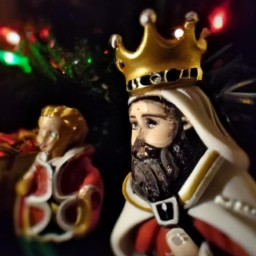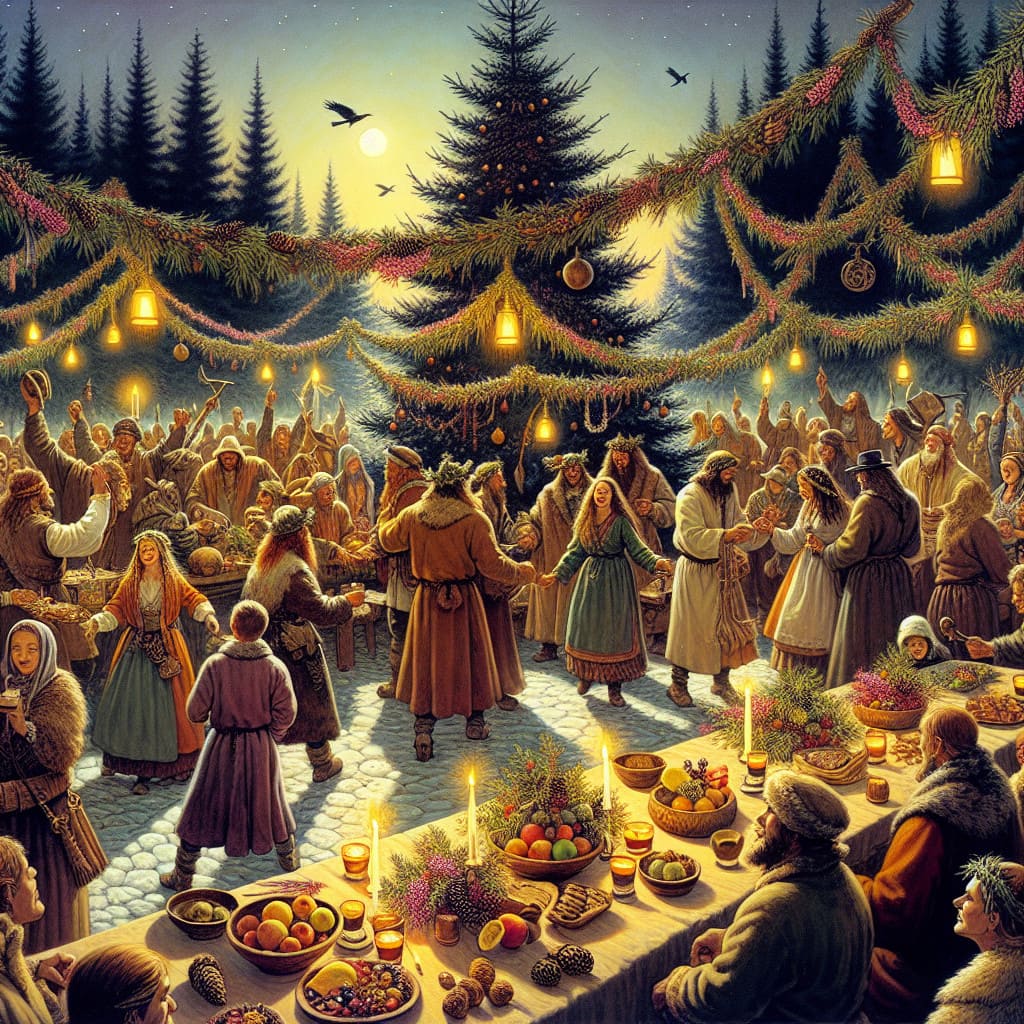Christmas is one of the most widely celebrated holidays in the world. Every year, people from all walks of life come together to celebrate the season with decorations, parties, and gift-giving. But did you know that Christmas is actually rooted in ancient pagan festivals? This article will explore the history of Christmas, and explain how its origins are purely pagan.
Christmas is a popular holiday celebrated by people around the world on December 25th every year. While many people celebrate Christmas as a religious holiday, it is also widely recognized as a secular holiday. The origins of Christmas are rooted in pagan traditions, which predate Christianity and the celebration of the birth of Jesus Christ.
The Pagan Origins of Christmas
Christmas is a winter holiday that has its origins in a variety of ancient pagan traditions. These traditions include the celebration of the winter solstice, the honoring of nature gods and goddesses, and the honoring of fertility gods and goddesses.
The winter solstice is the shortest day of the year and marks the beginning of the winter season. Ancient people celebrated the winter solstice with feasts and festivals, which is believed to be the origin of Christmas.
In addition to the winter solstice, the celebration of Christmas is thought to have its origin in the honoring of nature gods and goddesses. Ancient people celebrated the winter solstice as a time of renewal and rebirth, and the celebration of nature gods and goddesses was part of this celebration.
The fertility gods and goddesses were also honored during the winter solstice celebration. Ancient people believed that honoring the fertility gods and goddesses would ensure a good harvest and bring an abundance of food for the winter months.
The Christianization of Christmas
As Christianity spread throughout Europe, the winter solstice celebrations were gradually replaced by Christian celebrations of the birth of Jesus Christ. Christmas was officially declared a Christian holiday by the Church in the 4th century A.D., and it has been celebrated as such ever since.
The Christianization of Christmas did not erase the pagan roots of the holiday, however. Many of the traditions that we associate with Christmas today have their origins in pagan traditions. For example, the Christmas tree is a symbol of fertility, which has its roots in pagan tree worship.
The Influence of Commercialization
Christmas has been commercialized in recent years and has become a major holiday for retailers. This has led to an increase in the amount of money spent on gifts and decorations. This commercialization has also led to a number of changes in the way that Christmas is celebrated.
For example, many people now exchange gifts on Christmas Day rather than on the winter solstice. This change reflects the commercialization of Christmas and is not rooted in any pagan traditions.
Conclusion
Christmas is a holiday that has its roots in pagan traditions. These traditions include the celebration of the winter solstice, the honoring of nature gods and goddesses, and the honoring of fertility gods and goddesses.
The Christianization of Christmas did not erase the pagan roots of the holiday, and many of the traditions that we associate with Christmas today have their origins in pagan traditions. However, the commercialization of Christmas has led to a number of changes in the way that the holiday is celebrated.
In conclusion, Christmas is a festival that has its roots in paganism, yet has become a popular and beloved holiday celebrated around the world. The true meaning of Christmas is to celebrate the birth of Jesus Christ and to spread the message of love and peace. Despite its pagan origins, Christmas has been embraced by many different cultures and religions, and continues to be a time of joy and celebration for all. The most important aspect of Christmas is the celebration of the birth of Jesus, and the reminder of the importance of love, peace, and hope.





